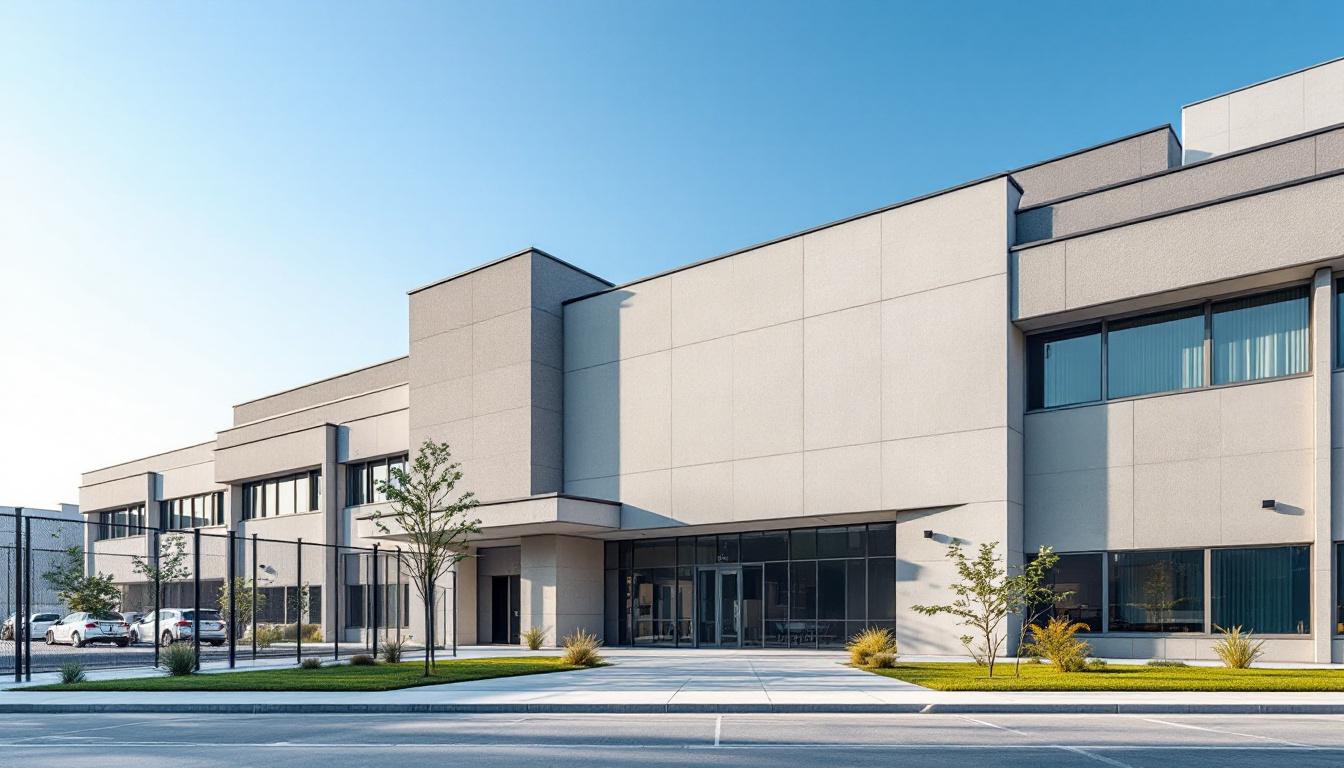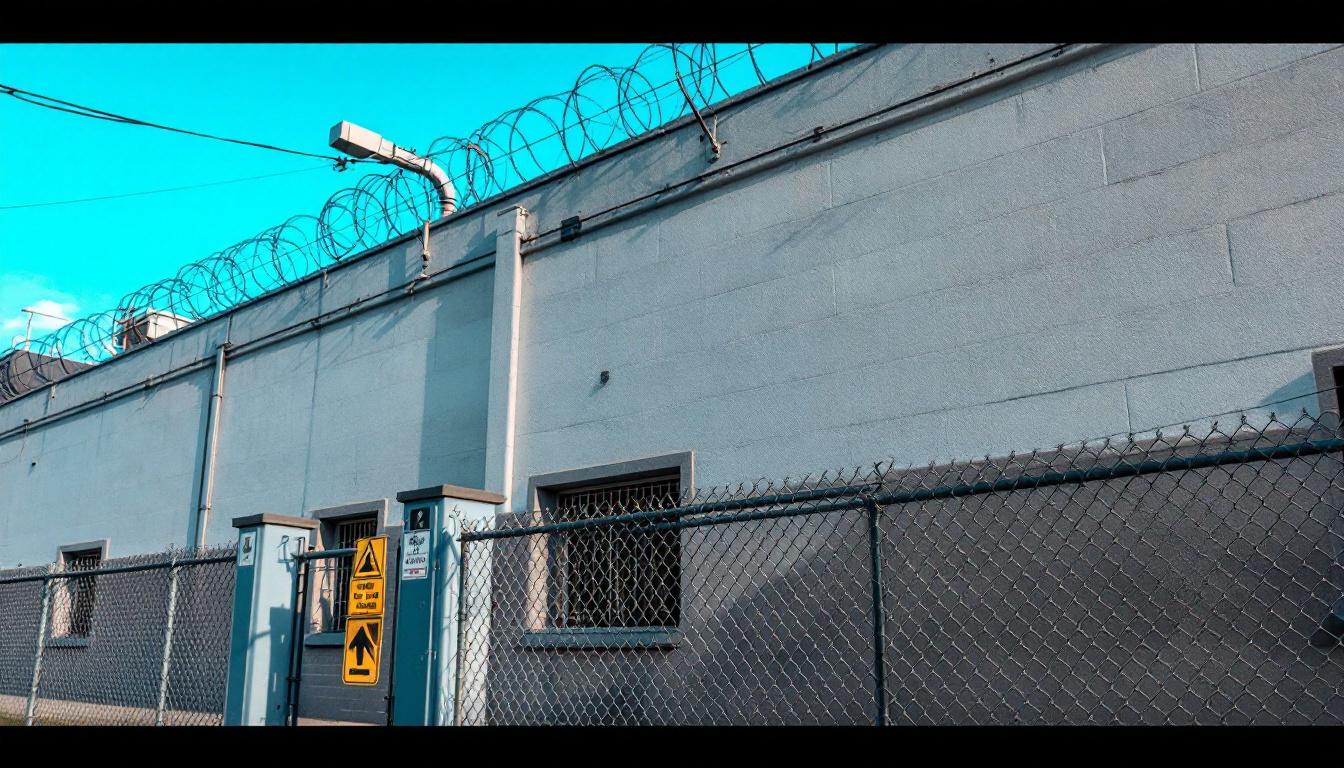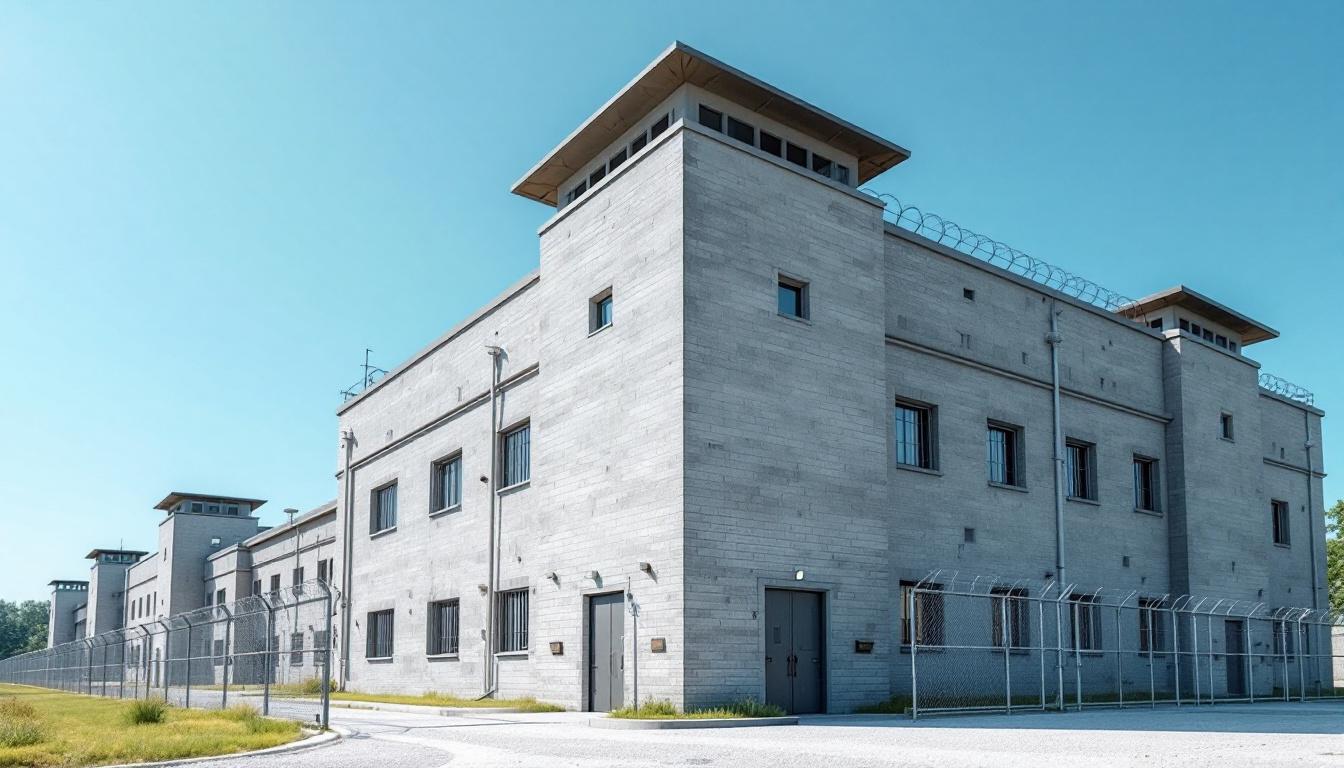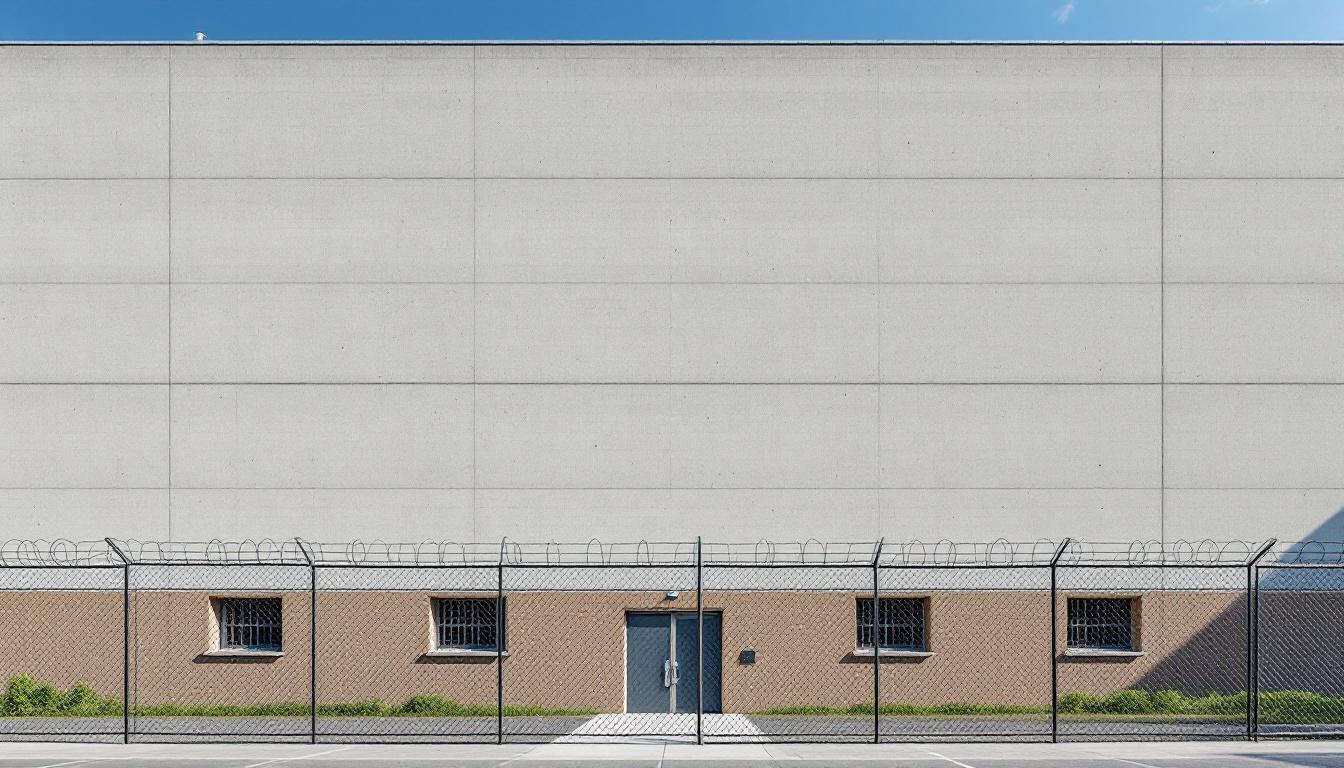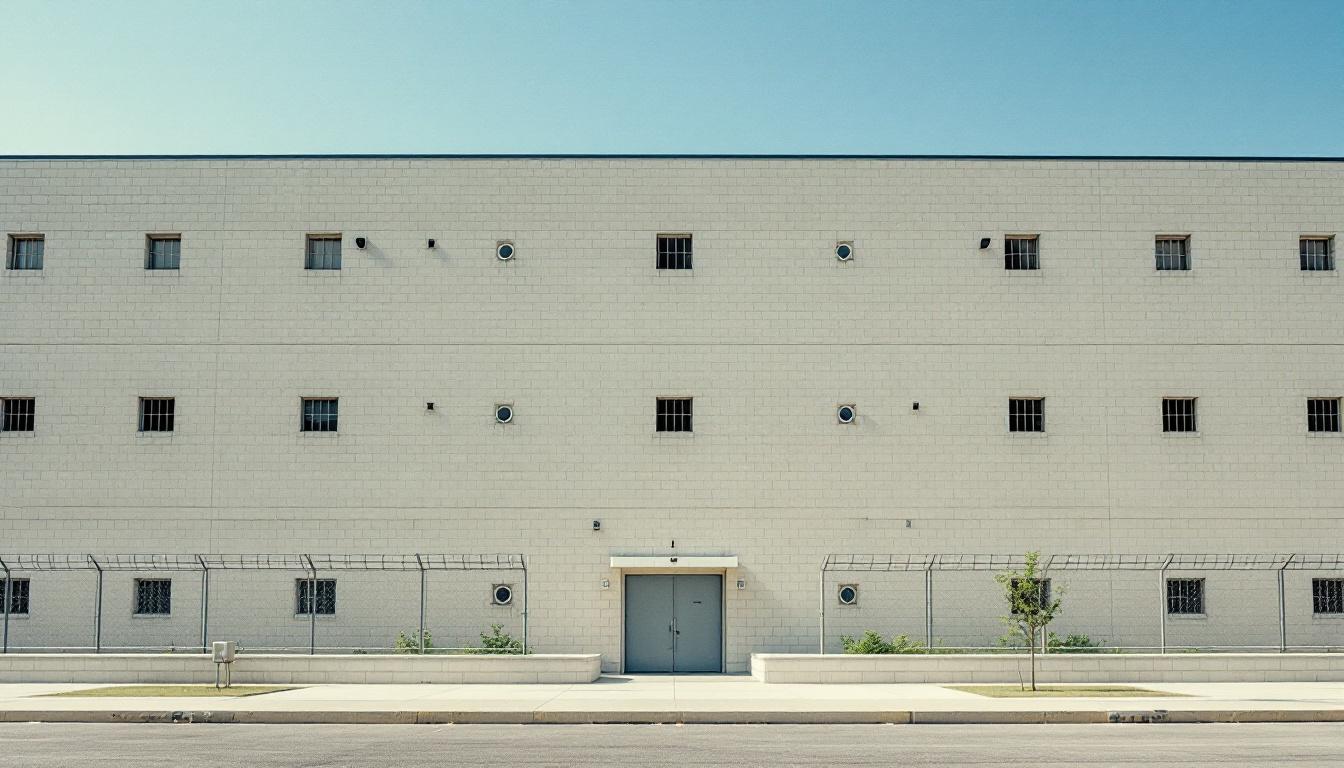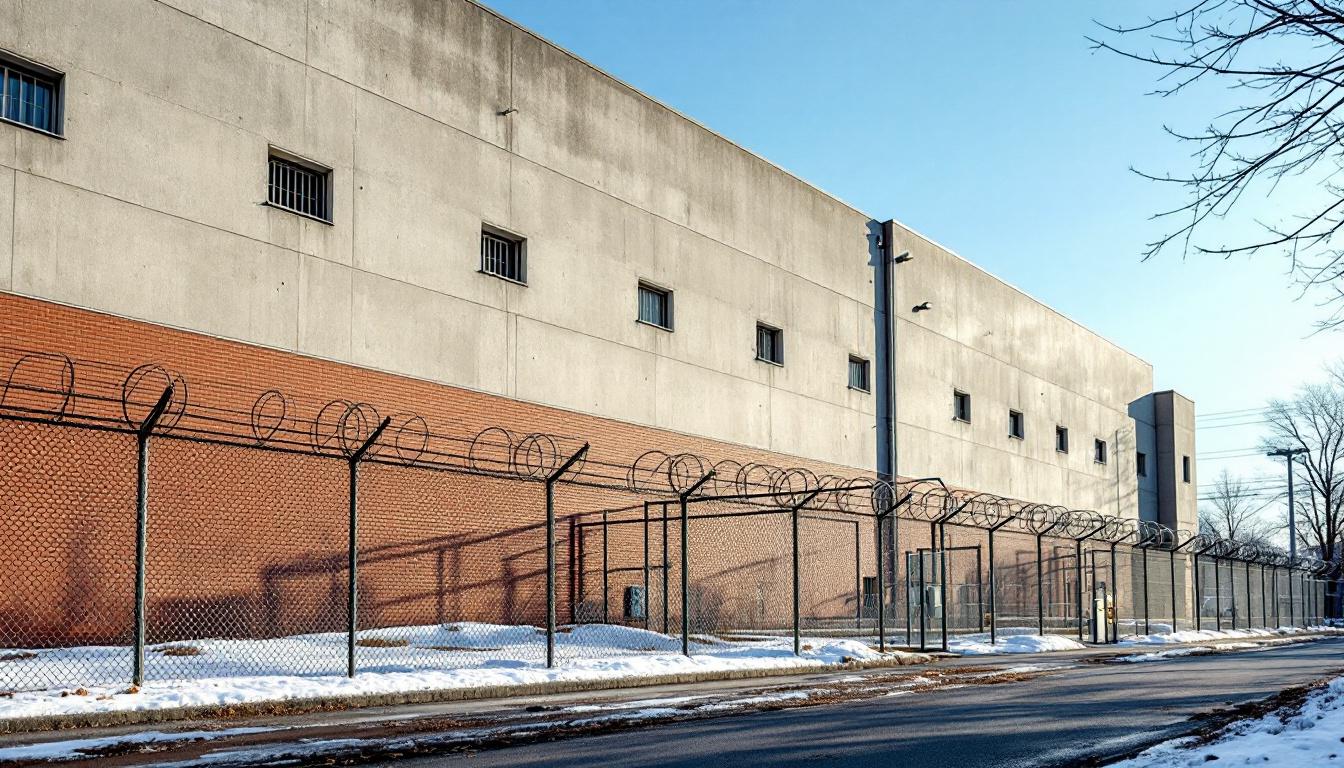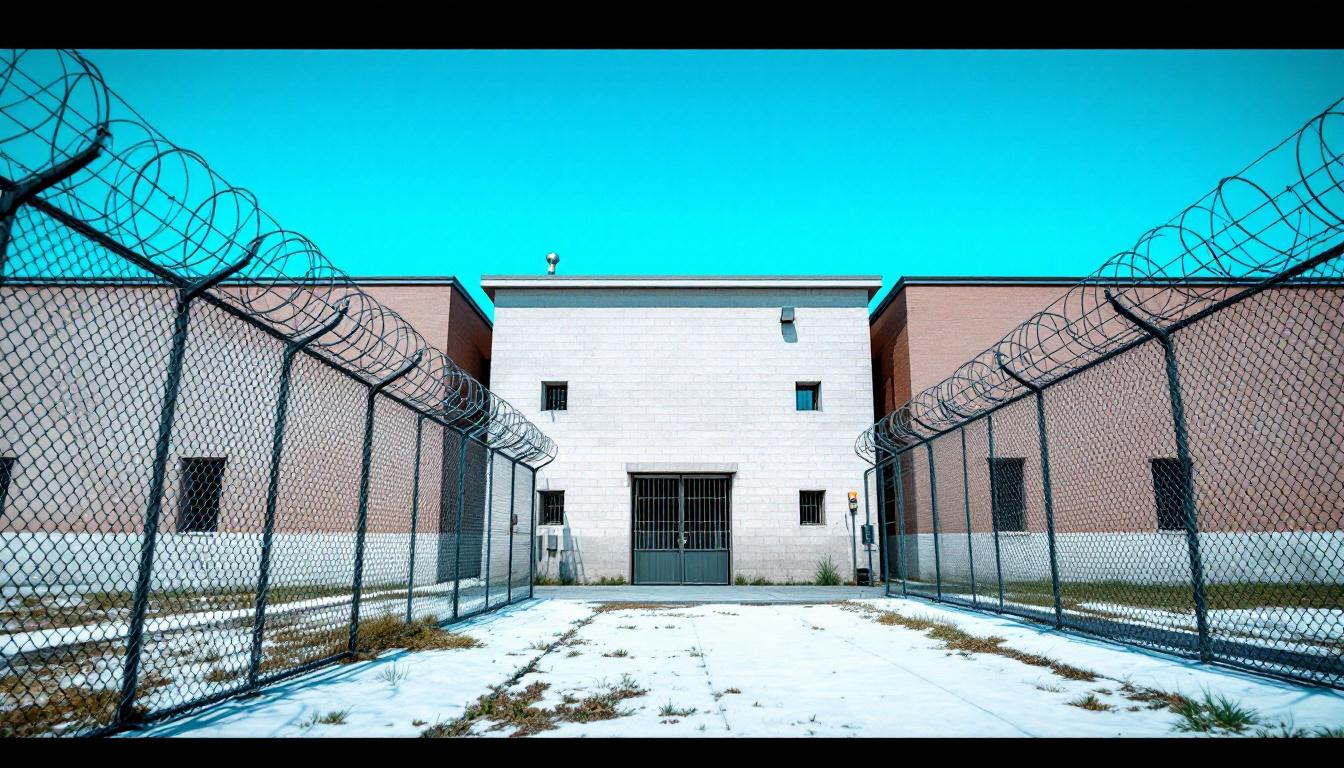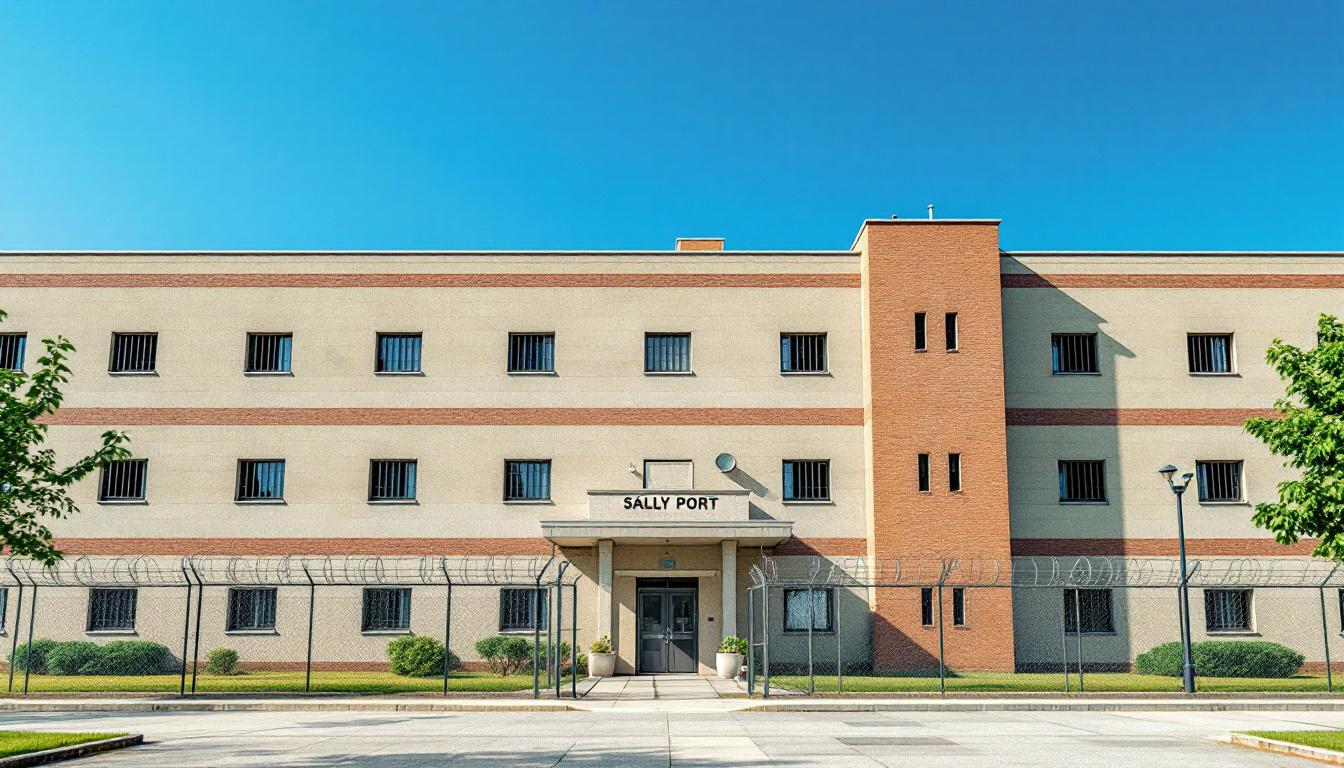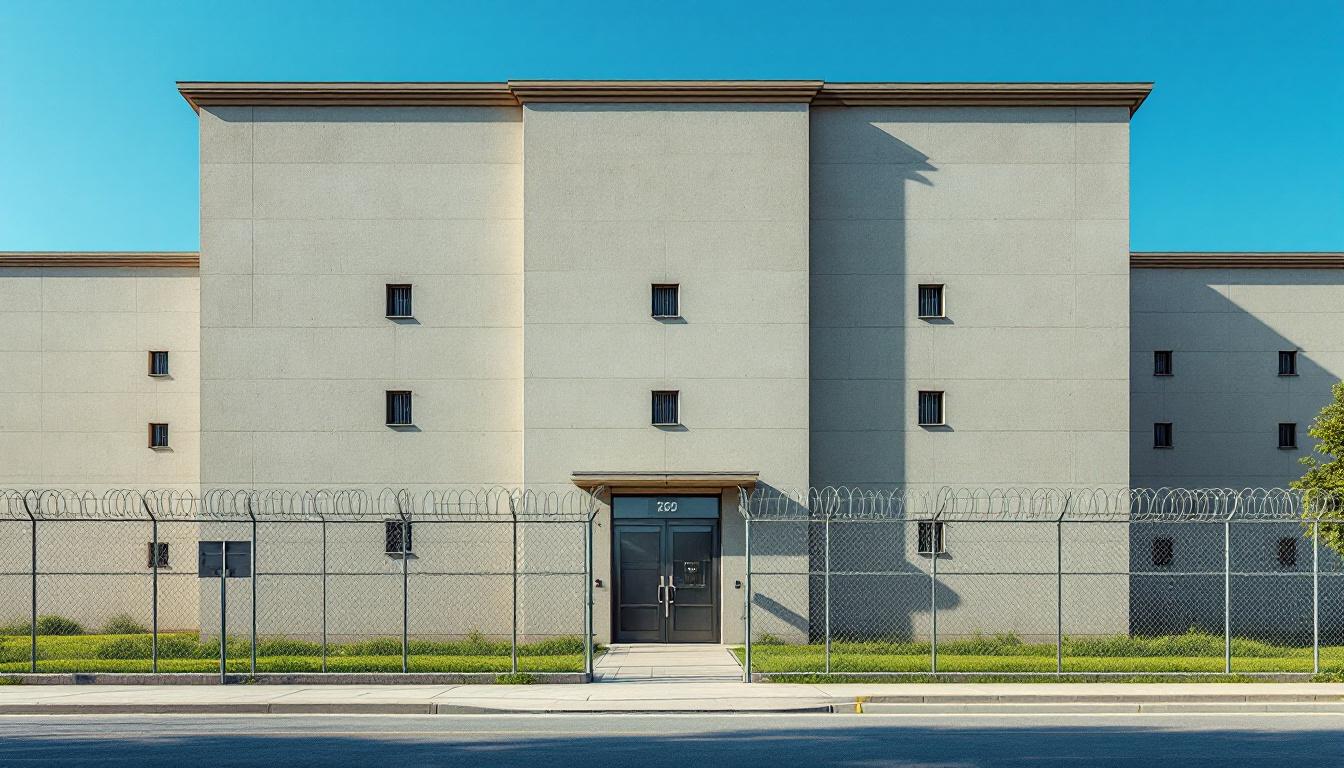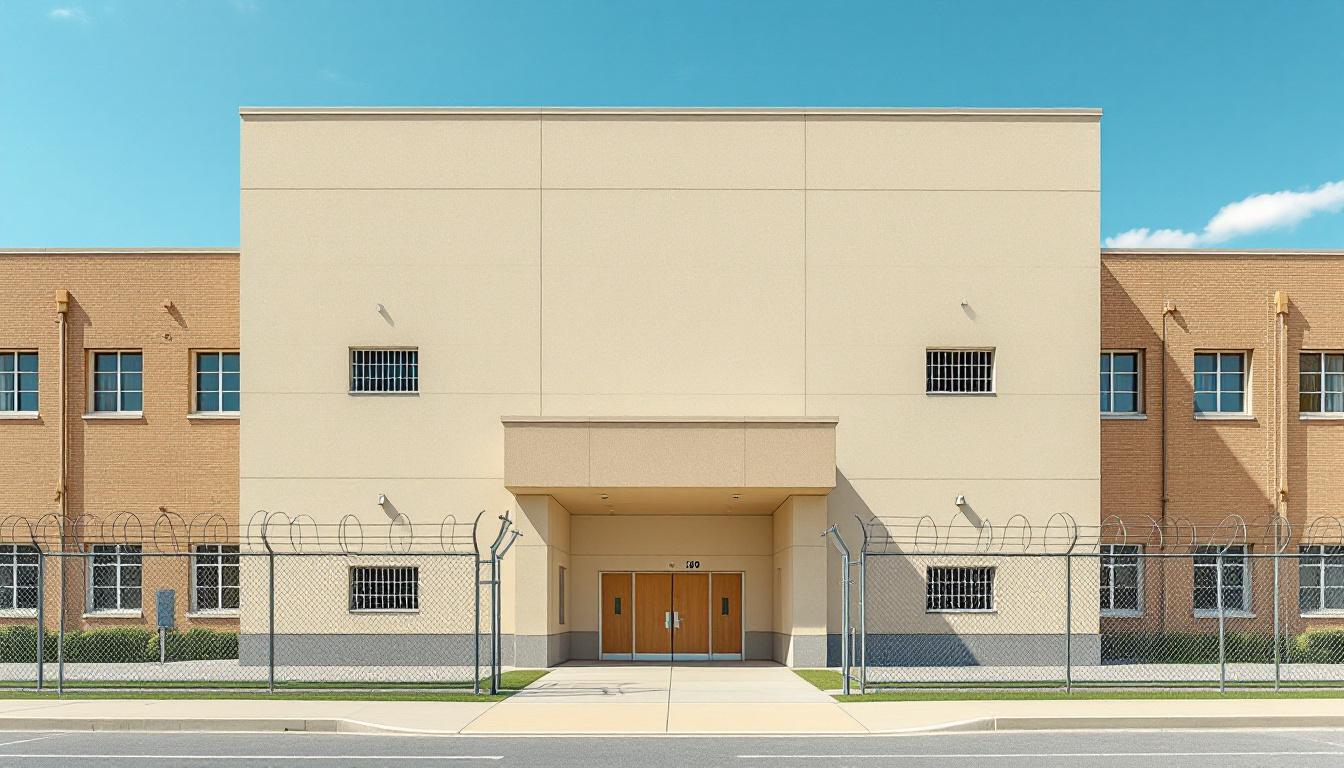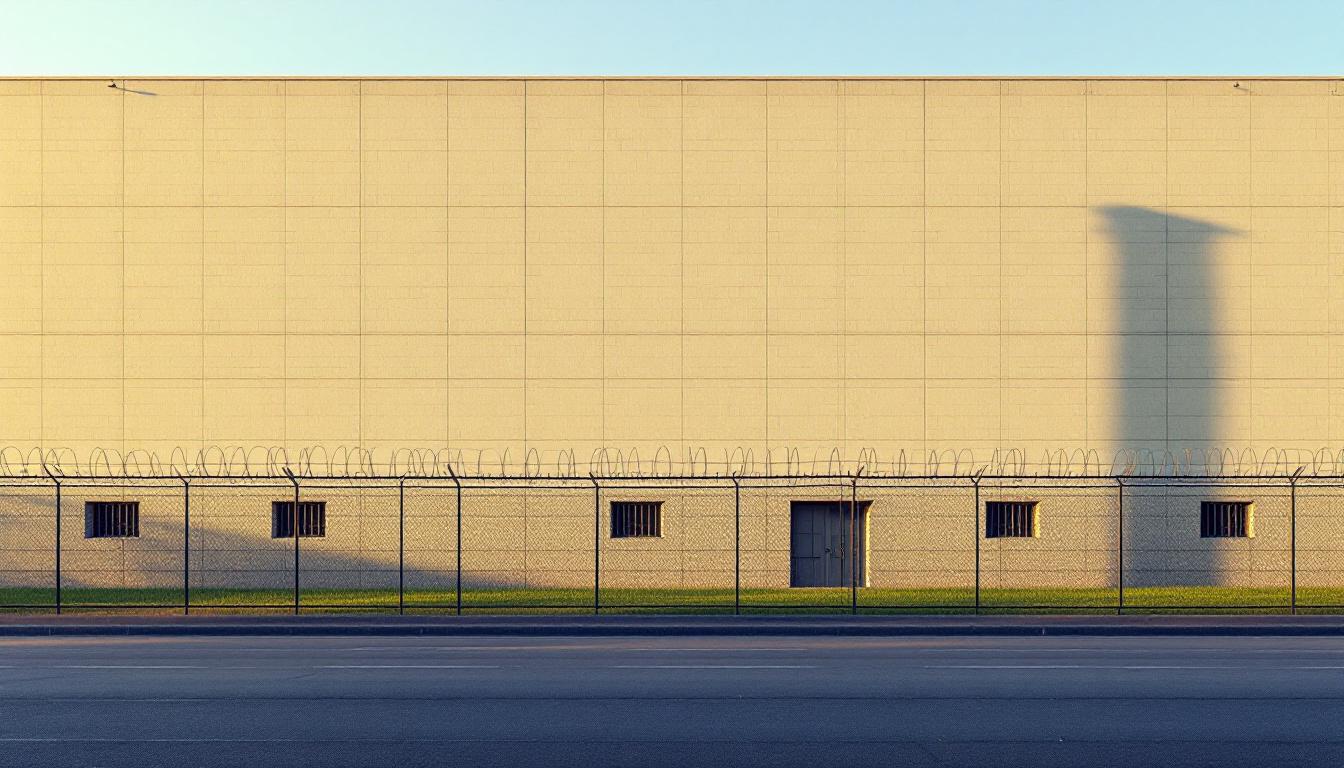
Quick Navigation
How to contact an inmate at Bland Correctional Center
This comprehensive guide will walk you through how to connect with an inmate at Bland Correctional Center. Follow the steps below to find an inmate and send letters and photos:
- Search for the inmate using our search tool below
- Create your account or log in to Penmate
- Write your message (up to 6,000 characters)
- Send instantly - inmates receive printed copies daily
Find an Inmate
Search for an inmate to start communicating today
Tip: You can search by first name, last name, or inmate ID number
To contact a person at Bland Correctional Center start by searching for the person on the official facility website. Perform a search by following these steps:
- Step 1: Enter their first name and last name into the search form and click "Search"
- Step 2: Locate their inmate record
- Step 3: Write down their Inmate ID and any housing information provided
Important! Be sure to enter the person's full name. Nicknames should not be used.
How to Send Messages to Inmates

You can use your phone or computer to send emails, letters, and photos to an inmate. Messages are sent electronically to inmate tablets or kiosks at the facility. If you would like to send a message, start by searching for an inmate at Bland Correctional Center.
Sending Photos and Postcards

A great way to send love and support to a loved one at Bland Correctional Center is to send photos and postcards. It only takes a few minutes to send photos from your phone and it makes a huge difference. You can also mail postcards with words of support and inspiration, or design your own postcard for special moments like birthdays and holidays.
Important! Be sure not to send any explicit photos or they may not be approved by the facility. You can also use a photo printing app like Penmate to make sure your photos are printed at the correct size (4x6 or 3x5) and are mailed according to the rules and regulations of Bland Correctional Center.
Frequently asked questions about Bland Correctional Center
-
How long does it take to deliver a message?
If you're sending an email message your letter is usually delivered within 24-48 hours. For messages sent via mail you should expect delivery within 3-7 days. All messages will need be approved by Bland Correctional Center.
-
How much does it cost to send a message to Bland Correctional Center?
You can send a message free using your phone or mail a message via USPS for the price of a $0.60 stamp and envelope. You can also purchase credits or e-stamps from services starting at $1.99.
-
What services can I use to contact an inmate at Bland Correctional Center?
Penmate
You can use Penmate to send letters and photos to an inmate from your phone. It's an easy way to stay in touch during your loved one's incarceration. Use the inmate locator to find an inmate's location and contact information, then you can send messages within a few minutes.
Securus messaging
Securus may be another option for communicating with an inmate at Bland Correctional Center. You can create a friends and family account and purchase credits to send messages. All messages will be reviewed and must be approved by the facility.
JPay
Some county jails and state prisons may support sending messages with JPay. You must register an account with the system, find your loved one, and purchase stamps to send messages. For some locations you can also attach photos.
Smart Jail Mail
You may also check if Smart Jail Mail is available at Bland Correctional Center. Smart Jail Mail is operated by Smart Communications and has contracted with some state and county jails. After purchasing credits, your messages and photos are sent to the facility, printed out, and then handed out to your loved one.
-
What is the mailing address of Bland Correctional Center?
Mailing address:
Bland Correctional Center
256 Bland Farm Rd
Bland, VA 24315
Phone: (276) 688-3341Business hours:
- Monday: 8:00 AM – 6:00 PM
- Tuesday: 8:00 AM – 6:00 PM
- Wednesday: 8:00 AM – 6:00 PM
- Thursday: 8:00 AM – 6:00 PM
- Friday: 8:00 AM – 6:00 PM
- Saturday: 8:00 AM – 6:00 PM
- Sunday: 8:00 AM – 6:00 PM
-
What are the visiting hours at Bland Correctional Center?
Visiting hours at Bland Correctional Center vary by housing unit and security level. Generally, visits are scheduled on weekends and holidays, with some facilities offering weekday visits. Contact the facility directly at (276) 688-3341 or check their website for the current visiting schedule. Visits typically last 30-60 minutes and must be scheduled in advance.
-
What items are prohibited when sending mail to Bland Correctional Center?
Prohibited items typically include: cash, personal checks, stamps, stickers, glitter, glue, tape, staples, paperclips, polaroid photos, musical or blank greeting cards, hardcover books, magazines with staples, and any items containing metal or electronics. Only send letters on plain white paper with blue or black ink. Photos must be printed on regular photo paper (no Polaroids). Always check with Bland Correctional Center for their specific mail policies.
-
How do I send money to an inmate at Bland Correctional Center?
You can send money to an inmate at Bland Correctional Center through several methods: 1) Online using JPay, Access Corrections, or the facility's approved vendor, 2) Money orders mailed directly to the facility with the inmate's name and ID number, 3) Kiosks located in the facility lobby, or 4) Over the phone using a credit or debit card. Fees vary by method, typically ranging from $2.95 to $11.95 per transaction.
-
Can I schedule a video visit with an inmate at Bland Correctional Center?
Many facilities now offer video visitation as an alternative to in-person visits. At Bland Correctional Center, video visits may be available through services like Penmate, Securus Video Connect, GTL, or ICSolutions. Video visits typically cost $10-20 for 20-30 minutes and must be scheduled in advance. You'll need a computer or smartphone with a camera and reliable internet connection. Contact the facility for their specific video visitation policies and approved vendors.
-
What identification do I need to visit an inmate at Bland Correctional Center?
All visitors must present valid government-issued photo identification such as a driver's license, state ID, passport, or military ID. Minors must be accompanied by a parent or legal guardian who can provide the minor's birth certificate. Some facilities require visitors to be on the inmate's approved visitation list, which may require a background check. Contact Bland Correctional Center for specific ID requirements and visitor approval procedures.
-
How can I find out an inmate's release date?
To find an inmate's release date at Bland Correctional Center, you can: 1) Use the online inmate search tool if available, 2) Call the facility's records department, 3) Contact the inmate's case manager or counselor, or 4) Have the inmate provide this information during a call or visit. For privacy reasons, some facilities only release this information to immediate family members.
Facility Overview
Contact Information
Bland Correctional Center256 Bland Farm Rd
Bland, VA 24315
Phone: (276) 688-3341
Official Website
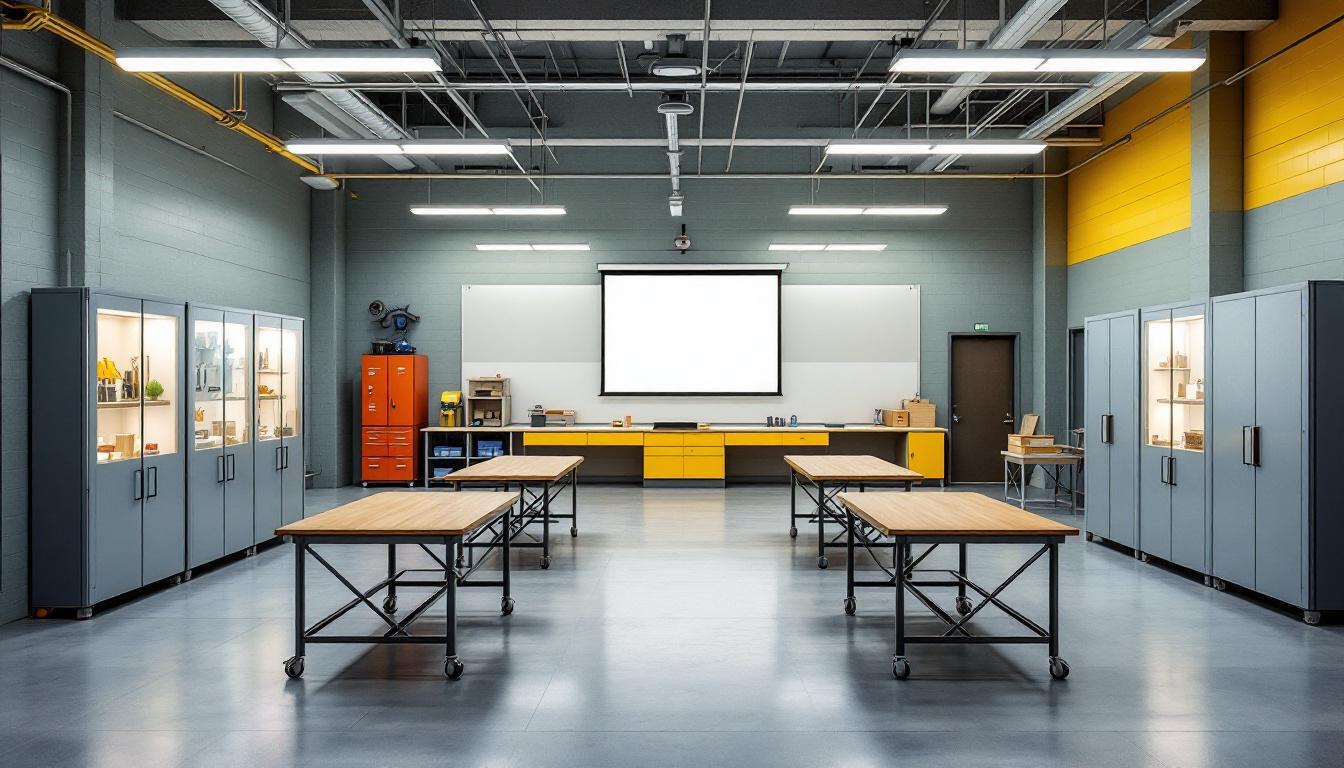
About Bland Correctional Center
Community safety and offender rehabilitation converge at Bland Corrections Center, VA, where the facility's strategic position within Virginia's southwestern correctional network enables comprehensive support for both inmates and the surrounding region. Located in the rural landscape of Bland County, this VA correctional facility typically operates as a medium-security institution, drawing from the area's natural setting to provide a structured environment focused on meaningful behavioral change and skill development. The center's programs generally emphasize evidence-based approaches to reducing recidivism, with inmates services often including educational opportunities, vocational training, and therapeutic interventions designed to address underlying factors contributing to criminal behavior.
Within Virginia's broader correctional system, Bland Corrections Center frequently serves as a key component in the state's rehabilitation-focused approach to incarceration. The facility may offer various programming tracks that typically include substance abuse treatment, cognitive-behavioral therapy, and workforce preparation initiatives aimed at improving post-release outcomes. Educational services often encompass GED preparation, adult basic education, and potentially college-level coursework, while vocational programs may provide training in trades relevant to the regional economy. Mental health services and medical care are generally integrated into daily operations, supporting the facility's commitment to addressing the complex needs of its population while maintaining security standards appropriate for its correctional facility designation.
Programs & Services
Personal transformation through structured intervention forms the cornerstone of rehabilitation services at Bland Corrections Center, where inmates engage in comprehensive programming designed to address underlying behavioral patterns while building practical life skills. The facility's approach recognizes that meaningful change requires both cognitive restructuring and tangible skill development, creating pathways that extend far beyond incarceration. Through carefully designed curricula and evidence-based methodologies, participants develop the tools necessary for successful community reintegration while fostering personal accountability and growth.
Educational services typically encompass foundational literacy development, high school equivalency preparation, and post-secondary learning opportunities that allow inmates to advance their academic credentials during incarceration. Moreover, vocational training programs may provide hands-on instruction in specialized trades, including plumbing and forklift operation, equipping participants with marketable skills that align with regional employment demands. These practical training initiatives often incorporate industry-standard certification processes, enabling inmates to demonstrate competency to potential employers upon release.
Support services frequently include cognitive behavioral programs that address thinking patterns associated with criminal behavior, helping participants develop healthier decision-making processes and emotional regulation strategies. The facility may also facilitate community resource connections, linking inmates with external support networks and service providers that can assist with housing, employment, and continued treatment needs. These therapeutic services often emphasize relapse prevention, conflict resolution, and social skill development, creating a comprehensive framework for sustained behavioral change that extends well beyond the correctional environment.
Daily Life & Visitation
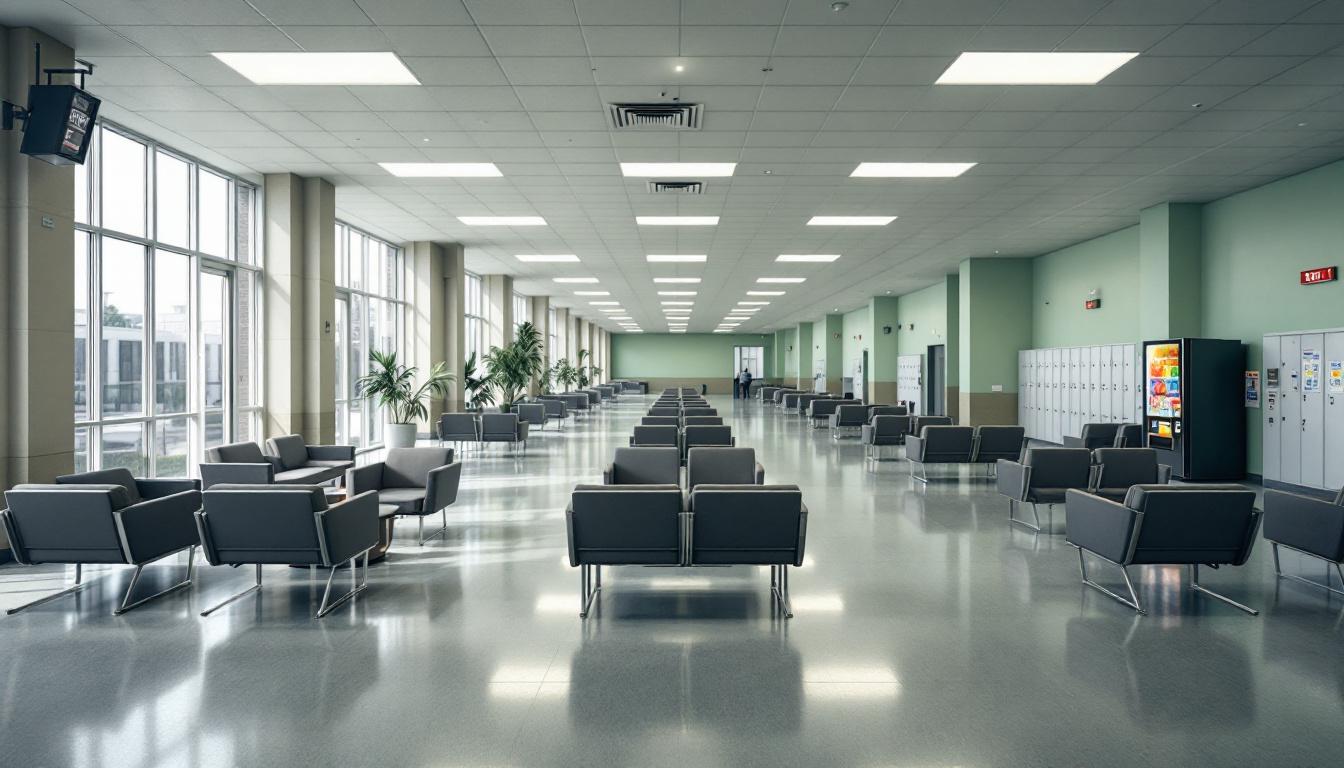
The concrete walls and steel doors of Bland Correctional Center create an environment where inmates must navigate carefully structured days within the confines of a medium-security facility. Today's routine typically begins with early morning counts, followed by a consistently maintained schedule that includes meal periods, work assignments, and supervised activities that provide essential structure to institutional life. The facility's housing units generally accommodate inmates in cells or dormitory-style arrangements, where personal space remains limited and privacy becomes a carefully managed commodity.
Living accommodations at the facility typically feature basic furnishings and storage areas where inmates may keep approved personal items, commissary purchases, and correspondence from family members. Moreover, the dining areas serve meals at designated times throughout the day, with inmates usually gathering in supervised groups to receive nutritionally planned portions that meet correctional standards. The housing units often include common areas where inmates can engage in approved recreational activities, watch television programming, or participate in educational sessions when available.
Recreational opportunities generally provide inmates with structured physical activities and exercise periods in designated areas of the facility, whereas work assignments offer inmates the chance to develop skills while contributing to facility operations through various maintenance, kitchen, or administrative tasks. Family connections typically remain vital through scheduled visitation periods and monitored telephone access, allowing inmates to maintain important relationships during their incarceration. Programming schedules usually include educational classes, counseling sessions, and skill-building workshops that help inmates prepare for eventual reintegration into their communities.
Ready to Connect?
Start communicating with your loved one today
Search for an Inmate
